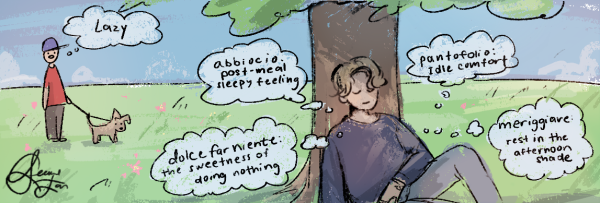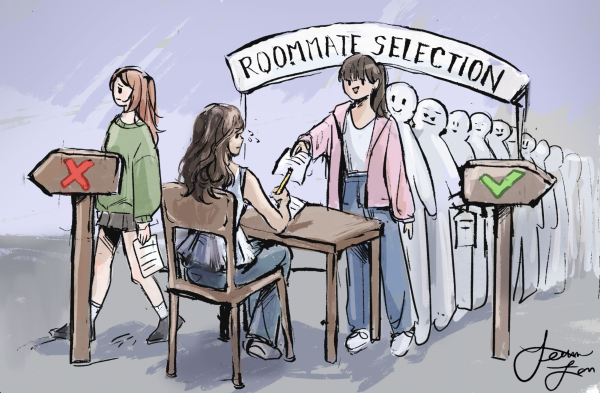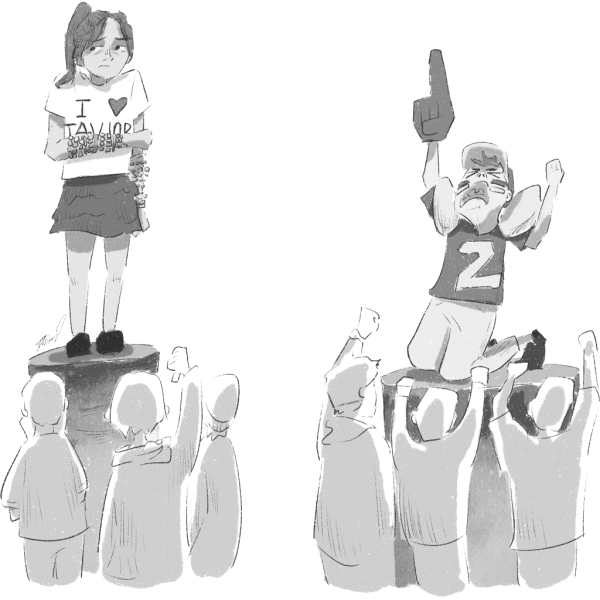Ballot initiatives are inherently flawed
November 1, 2022

In the weeks leading up to Election Day, advertisements for propositions are common. These propositions are citizen-made laws that are put on a ballot for the public to vote on once enough support is gathered.
In theory, this sounds amazing; any average citizen can propose a law, gather support, and get it voted into action, with or without the support of the governor or legislators. In reality though, there are some downsides.
First, we need to consider the California budget. Often, propositions allocate state funding to a program, like art and music education in Proposition 28. But, if we keep spreading California funds around to more and more programs, we tie the hands of government officials.
As new and more complicated situations arise, the state budget is already so spread out and compartmentalized, that it becomes extremely difficult to navigate.
Some of these initiatives were put in years ago; during that time, things have not remained static: the budget, social climate, and economic climate have all changed.
If we take away the abilities of California legislators to use discretionary funds, we take away their ability to react quickly and efficiently to emergencies, or just new situations.
Taking this out of the picture, with the dilution of funds that comes from many ballot initiatives, there is also a risk of increasing taxes.
It is necessary to fund a multitude of programs; many are important and benefit countless citizens. But we also need to be aware that there are limitations to the initiative process, especially when it comes to funding.
State budgets are extremely hard to grasp. The sheer amount of money, and the countless ways it is already being spent, is so complicated, and difficult to quantify, that the ordinary citizen, without putting in hours of research, cannot make informed decisions on.
Understandably, voters often make ill-informed decisions, not understanding the effects of these propositions and the many ways they could affect an already stretched budget.
Legislators are (usually) knowledgeable on these subjects, and can realistically implement these changes after they are voted into office. The community still has a voice, as they are voting these people into power, but there is still informed decision-making by elected officials.
Ballot initiatives are a flawed system, and while they do have some benefits, such as giving the community a greater voice in their lawmaking, overall, we would be so much better off if we voted for legislators that would implement the changes that we want, instead of trying to come up with these laws ourselves.






